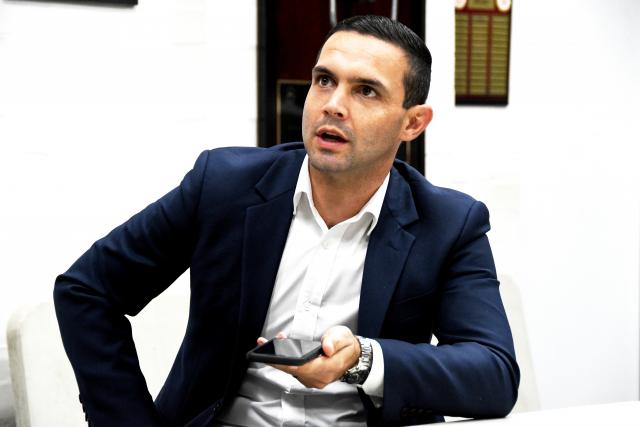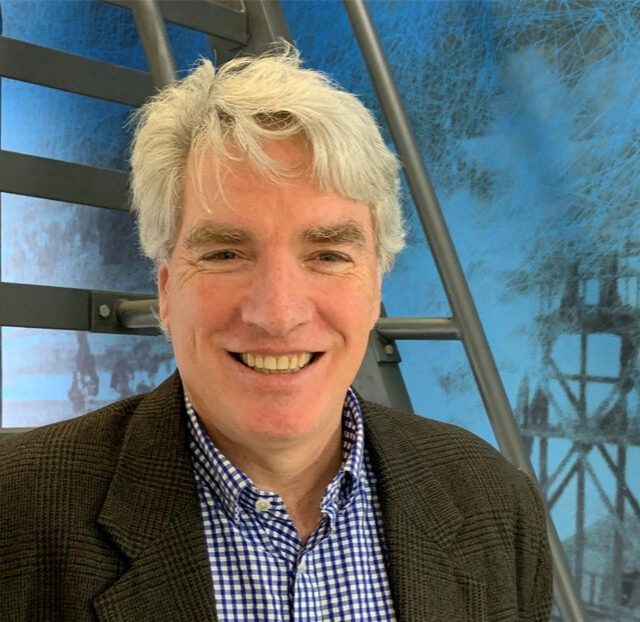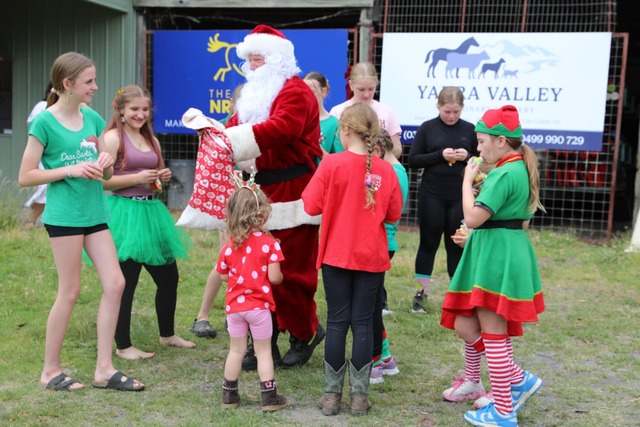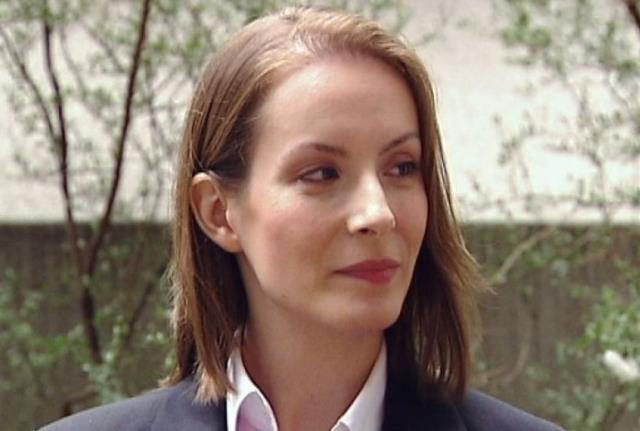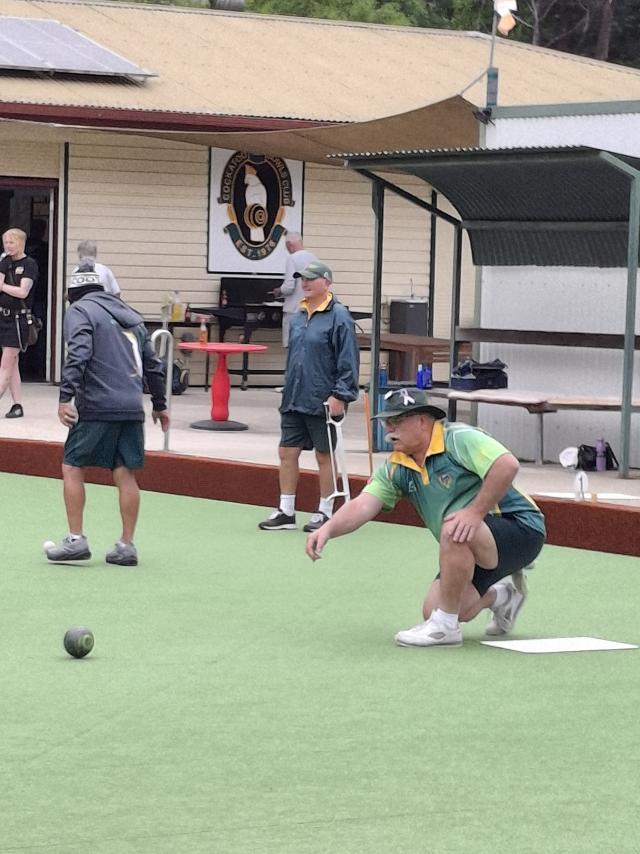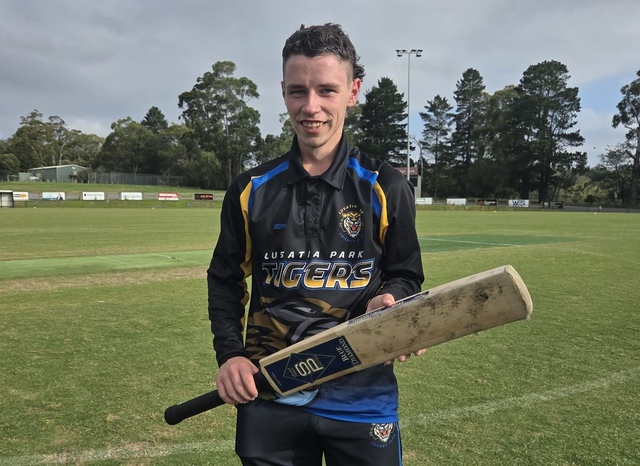Casey MP Aaron Violi is one of a record-breaking number of federal politicians turning to specialists in STEM this year.
Science & Technology Australia’s STEM Ambassadors programs have an intake of 26 new MPs and Senators who have paired up with an expert to provide advice on complex science and technology issues and policies.
Mr Violi is partnered up with Tecoma resident and Professor of Engineering at Swinburne University of Technology Geoffrey Brooks, an expert in metallurgical processing (the extraction of metals).
Prof Brooks said he thinks it’s a very good idea for politicians to be able to turn to someone impartial.
“They can give them a better idea of what’s going on, give them some ideas, be able to directly speak to them about things going on in science and technology in the country,” he said.
“It’s sometimes good to hear simple terms, to hear from the horse’s mouth what’s going on and try to make them aware of what it may mean to the economy or social issues in society.”
Prof Brooks’ expertise particularly hones in on the manufacturing of steel and aluminium, having published over 250 papers on the fundamentals of steelmaking, the processing of aluminium and general material processing topics.
Prof Brooks said he is keen to find out what Mr Violi would like to speak with him about.
“I’m well qualified to talk with him about general areas of manufacturing and how that may relate federally, but I also think I can help him with understanding science education at schools and what role that plays in our society,” he said.
“I spent quite a lot of time in China and also in Western Europe in terms of setting up research relationships, so I might be able to help him understand international situations as well and I’m also heavily involved with some quite fundamental science things, such as dark matter research.”
Some of Prof Brooks’ achievements include winning the TMS Distinguished Lecture Award for Extraction and Processing, the METSOC Best Paper Award from The Metallurgical and Materials Society of CIM, the Marcus Grossman Award for Best Paper in Metallurgical and Materials Transactions from the American Society of Materials, the Science Award for Extraction and Processing Division from TMS and the Elliott Lectureship Award from the Association of Iron and Steel Technology.
Prof Brooks said he thinks the benefits of the ambassadorship program will be a two-way street.
“It’s really good for scientists and researchers to be exposed to the political issues relating to what they’re talking about to see that side from someone involved and on the other side, the representation of science in the media is often a bit superficial,” he said.
“I think talking to somebody who’s actually involved with the heart of it will provide much better information to the politicians, which they wouldn’t necessarily see if they just rely on the media.”
The STEM Ambassadors program was established in 2019, with a steady stream of elected representatives joining since. The 2023 intake also notably includes Deputy Opposition Leader Sussan Ley.
Mr Violi said he’s really interested to hear more from Prof Brooks on where he thinks science can have the biggest impact.
“I don’t want to guide where he comes from, I really want to understand his area of expertise, but also what perspective he can bring to problems,” he said.
“Scientists for myself bring two unique perspectives; it’s their technical skills but also the way you look at a problem as a scientist is different to how other experts might look at a problem,”
“I think it’s vital that we continue to invest in technology, and it’d be great for him to show children in our area that there is a pathway to science and technology jobs and to speak about manufacturing which creates the whole spectrum of jobs in an organisation and in a community.”

